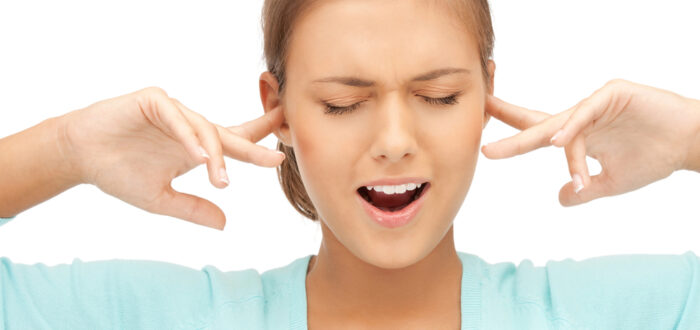Experiencing a popping sensation in your ears can be peculiar, and sometimes, mildly amusing. But have you ever wondered why your ears pop? More importantly, when should this popping be considered a sign of an underlying health issue?
Let’s dive into the mechanics behind this common phenomenon and explore when it might be time to consult an audiologist.
The Science Behind Ear Popping
The sensation of your ears “popping” is often related to changes in the air pressure around you. Your ear is divided into three parts: the outer ear, the middle ear, and the inner ear. The Eustachian tube, a small passage connecting your middle ear to the back of your throat, plays a crucial role in maintaining equal air pressure on both sides of your eardrum.
When you experience sudden changes in altitude or air pressure — such as during takeoff in an airplane, driving through mountains, or even diving underwater — the air pressure in your middle ear can become different from the external air pressure. To equalize these pressures and prevent the eardrum from being stretched or depressed too much, your Eustachian tube opens to let air pass through, leading to the familiar “pop.”
When Popping Ears Are Normal
Ear popping is a normal response to pressure changes and is often experienced during:
- Air travel
- Elevator rides in tall buildings
- Scuba diving
- Driving in hilly or mountainous regions
Swallowing, yawning, or chewing gum can help open the Eustachian tube to equalize pressure more quickly, alleviating discomfort.
Signs of an Underlying Issue
While ear popping is typically harmless, there are times when it could indicate an underlying issue, especially if accompanied by other symptoms. Here are some signs to watch out for:
- Persistent discomfort or pain in the ears: If the popping sensation is followed by pain that doesn’t go away, it might indicate an infection or blockage.
- Hearing loss: Difficulty hearing or a muffled sound sensation can be a sign of fluid buildup or earwax blockage.
- Tinnitus: Constant ringing or buzzing in the ears after a popping sensation could suggest damage to the inner ear.
- Dizziness or balance issues: Feeling unsteady or dizzy can indicate problems with the inner ear, affecting your balance.
When to See A Hearing Specialist
If ear popping is frequent and persistent without apparent cause or is accompanied by any of the symptoms mentioned above, it’s wise to consult a hearing specialist. They can perform a thorough examination to determine if there’s an infection, Eustachian tube dysfunction, or any other condition affecting your ears’ health. Early diagnosis and treatment can prevent potential complications and ensure your auditory system remains healthy.
Additionally, individuals who experience discomfort due to ear popping during air travel or other activities might benefit from specific techniques or products designed to help regulate ear pressure. An audiologist can provide personalized advice and solutions to make these situations more comfortable.
Need Help? Have a Question? Contact Us Today!
At the Regional Hearing & Balance Center, your health and well-being are our top priority. If you are experiencing ear popping and have questions on how it could be affecting your hearing, don’t hesitate to reach out to our expert team. Call us at 208-497-3596 or click here to book a complimentary hearing assessment.


Recent Comments